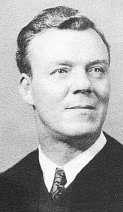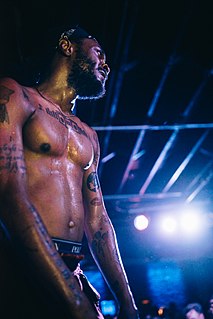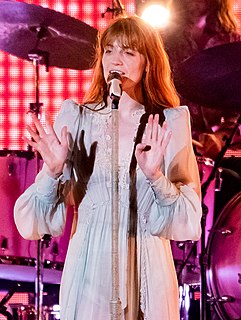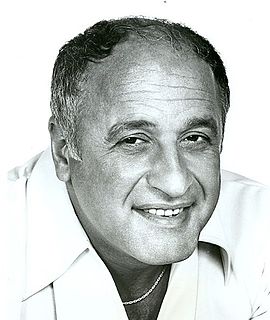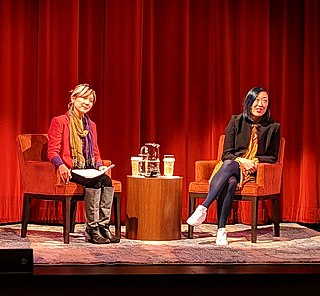A Quote by Pamela Druckerman
When people used to ask me what I missed about America, I would say, 'The optimism.' I grew up in the land of hope, then moved to one whose catchphrases are 'It's not possible' and 'Hell is other people.' I walked around Paris feeling conspicuously chipper.
Related Quotes
I would go with my husband to the tailors where he gets his shirts made, and I would watch the bespoke process. I would ask them, "Would you be able to make that for me?" And they would always say, "Well, yes, but no." They were very French about it. I decided I would just do it for myself. And I started doing that. Then other people would notice, and want it. So I started doing things for friends, little pieces, and my own line grew that way.
I used to go into pubs and people would want to pick a fight with me. I would hear a group of girls say: 'Oh look, there's Pat Cash.' And then one of them would come up to me and say, 'You think you're so good,' and throw a drink in my face. That kind of reaction from people was a bit of a shock initially, and you don't ever really get used to it.
My siblings and I were friends with the boys who would become our stepbrothers - we grew up on the same street. I feel very special to have these amazing people in my life and if we hadn't all moved into this big house together I think I would have missed out on that, because we would have drifted apart.
I've said jokes where I thought people might get up and hit me for this. A couple of people have thought about it. But they didn't. It gives you a lot of power, because if you're on shows where people are worried about getting sacked and you're not, then you're transcendent because you say what other people would like to say.
My mother is Afro-Caribbean and my father is Caucasian-American, and I was born in Pennsylvania and moved to the Cayman Islands when I was about 2. So I grew up there with my mother, and it's really all I know. I grew up there until it was time to go to college, and that's when I moved back to America.
If you ask me, the place that a story happens is as equal character. It's almost like an ecological viewpoint: These people are living in this piece of land, and in this piece of land in this time this is possible. For me, I almost think location first. It's time first - what year is it - then where are we, and then who is in it.



